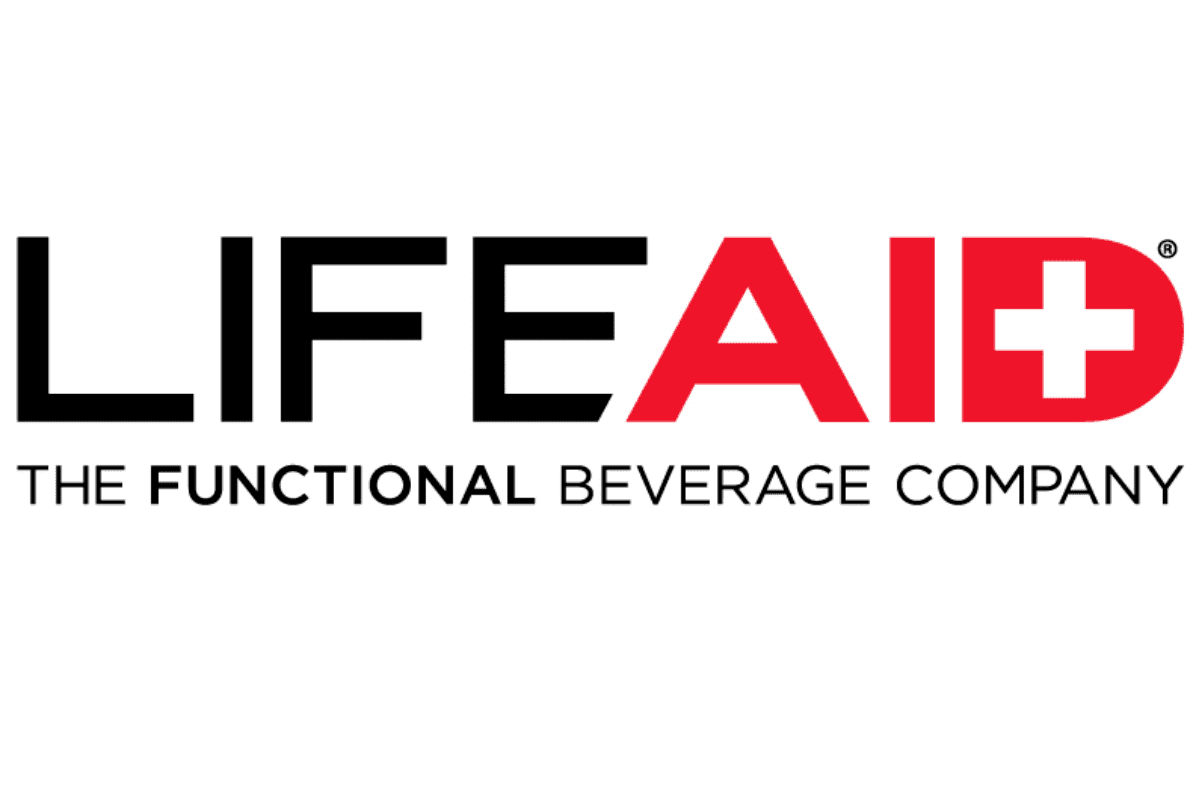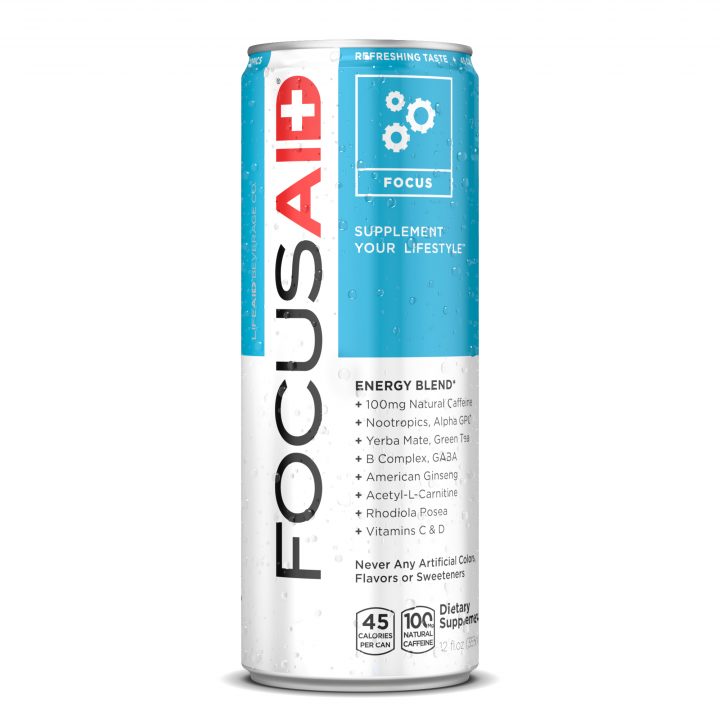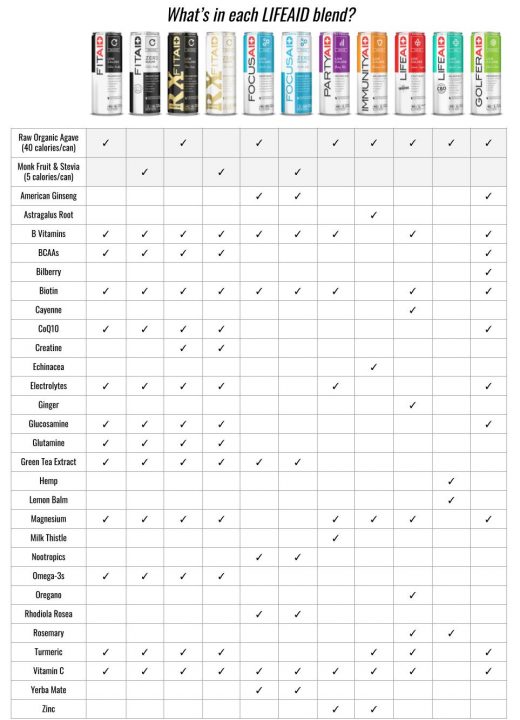
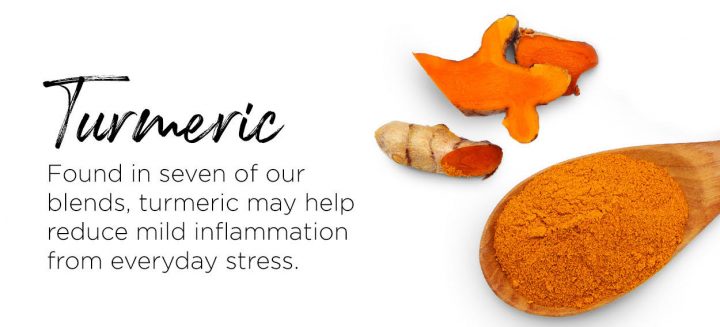
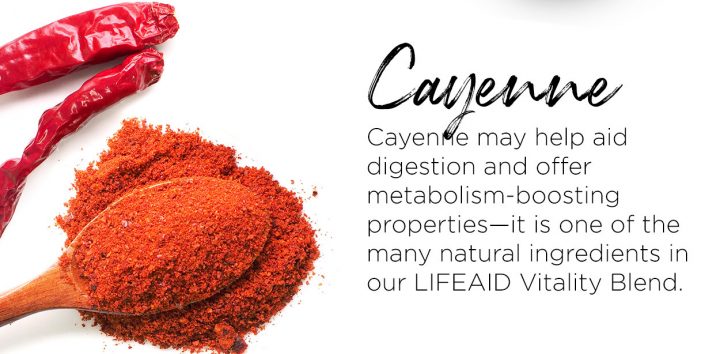
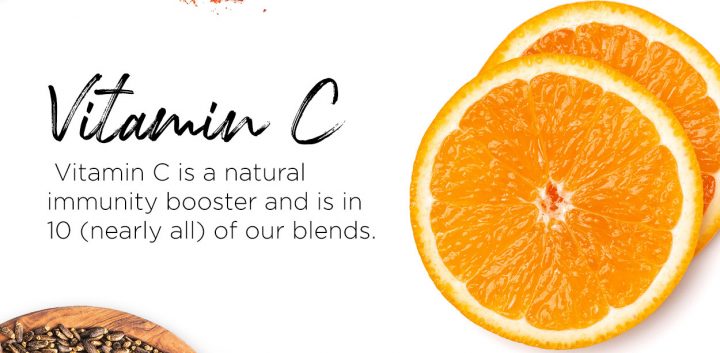
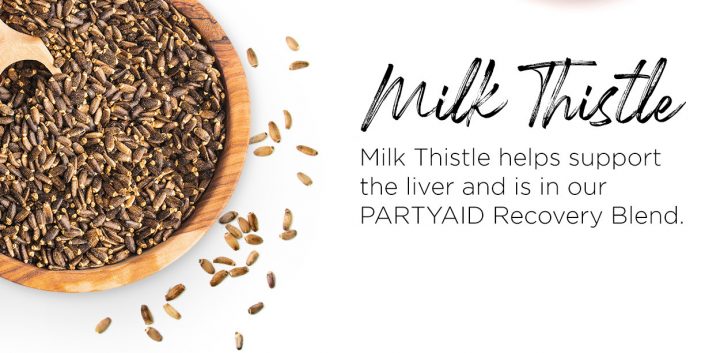
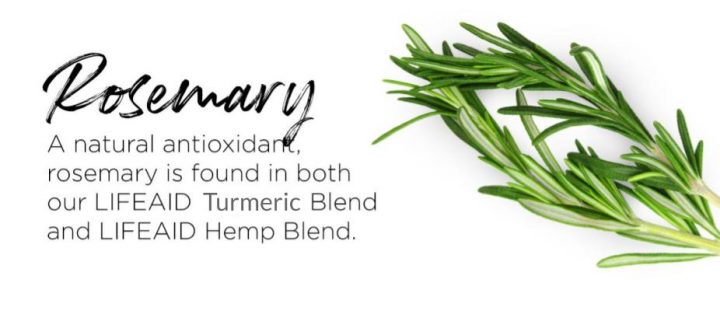
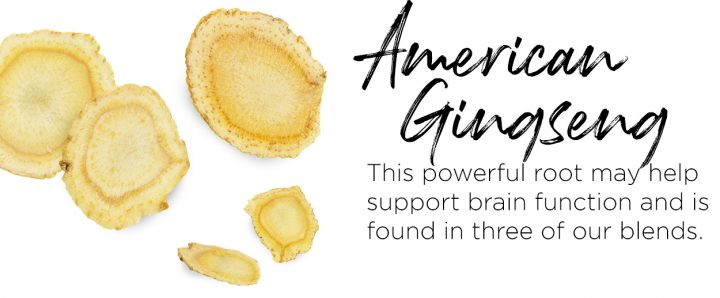
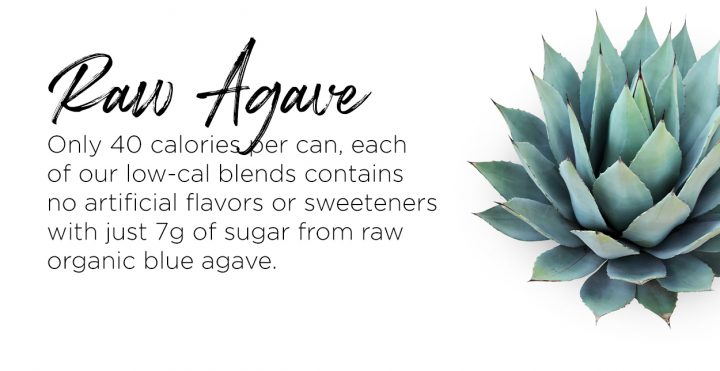
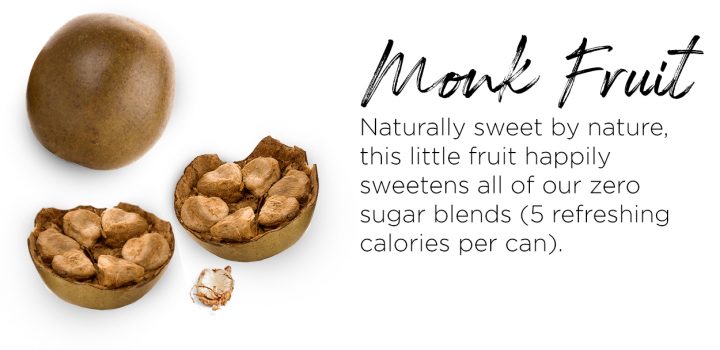
By Mari Krueger | Photo courtesy of LIFEAID
The good intentions are there—sticking to fitness goals, killing it at work, being a great friend, cooking something new. But an off topic text, the black hole of social media, and three shows later, the day is over. Where does the time go? It’s no secret that distraction can be the end of productivity. Here are five tips to stay focused, whether your goals are physical or mental. Because, whatever your goals are, a little focus, goal setting and drive will get you there.
Envision the Future
Start by picturing the end; visualize your goals and be specific. Maybe you want to complete a half marathon, attend a yoga festival, get a promotion, have a tidier space or see friends more often. Maybe your vision of the future means meeting that deadline Friday, throwing a birthday party, or traveling internationally.
Nebulous goals are ok too—being more productive, having calmer mornings, or being kinder. What does that look like to you? If you want to be a more relaxed, mindful person, picture exactly what that looks like. Imagine the fabric of your meditation pillow, the environment around you, the sensations within you when you meditate. Expand that thought—instead of scurrying around packing a lunch, you are having a calm morning because you packed your lunch and went to bed on time last night.
Whatever your goals, hold it in your mind and think it through. With a clear mental picture of where you want to be, it’s easier to get up when that alarm goes off instead of hitting the snooze button again.
Make A Plan
With the vision in place, the challenge becomes mapping out a way to get there. Make a list of everything that needs to be done to achieve your goal, then break it into manageable tasks. Lots of tasks on your plate? Prioritize what needs to be done now, today, this week, this month, and “someday.”
Let’s say your goal is to travel internationally for the first time. Break it down: research destinations today, a plan to set aside enough money, schedule an appointment to get a passport next week, and—bonus—start learning some phrases in another language.
Use a planner or calendar if that helps, or download an app to help you track your progress. Estimate how long each task will take and schedule a block of time to complete it. An ideal way to arrange your time is to eliminate distractions, then work for 50 minutes and take a 10 minute break. Then get back to work!
Eliminate Distractions
Your time and attention are just that: YOURS. You get to decide where you spend it and how. Let’s start with the obvious: our phones. To be present and productive, turn off instant notifications. Do that now. When it’s time to focus, turn your phone to silent and put it in a drawer, your bag, wherever is as far from you as possible. Trust that the world and its crises will handle themselves while you focus on your goals.
Identify your top distractions, and be honest with yourself. Need to answer email on your phone, but easily distracted by Instagram? Consider—gasp!—deleting it off your phone for a while. Want to exercise but usually watch tv instead? Unplug the device to keep yourself from falling onto the couch and reaching for the remote. Keep your vision in mind and make it harder to give in to easy distractions. Set limits on social media use until tasks are completed, or limit yourself to catching up on your favorite platforms for a limited amount of time once a day.
Maybe your distractions are people. Share your goals with them and try to enlist their support. If they’re unsupportive of your dreams in general, maybe it’s time to evaluate whether it’s a friendship you want to continue.
And be realistic—if you’re the type of person who stress cleans (and aren’t we all?) build in time for that, too. Studies show repetitive movements (like wiping the countertop) decrease anxiety, and having a tidy space is calming. Plus the added boost of productivity can give you confidence you’re moving in the right direction.
Power Up
Your best ally in the struggle against distractions is that excellent muscle in your skull. Fuel your brain for success with nutritious foods proven to enhance brain performance. Fortunately, what’s best for your noggin is good for your overall health, too. Start by drinking enough water—getting hydrated promotes mental clarity and helps you think faster and more creatively. We also love the FOCUSAID Energy Blend from LIFEAID as a great go-to source for clean energy and mental focus. Alternatively, blueberries and leafy greens are packed with antioxidants, while flax seeds, nuts, and fatty fish (salmon, trout, mackerel, herring, sardines) are good sources of omega-3 fatty acids—crucial for mood stabilization and concentration. Dark chocolate (look for single-origin, high-cacao percentages for the highest quality beans and lowest amounts of sugar and fat) can enhance mental acuity and contain stress-relieving magnesium. Avocados are full of fiber and good fats. And while all coffee and tea lovers swear by caffeine (and they’re not wrong!) green tea in particular has L-theanine, which studies show increases alpha-wave activity and tranquility, and also helps avoid the post-caffeine crash by releasing it more slowly, so you feel calm and energized longer.
It’s hard to focus when your stomach is rumbling, or you’re entering the mid-afternoon slump. By planning ahead and having a nutrient-packed, brain-feeding snack before big tasks—bonus for adding green tea!—you can give yourself a boost of productivity when you need it the most.
Get Going ...and Keep Moving!
Got a list a mile long? Sometimes small tasks seem impossible when one particularly worrisome task looms large over everything else—so tackle the big one first. Or maybe it seems like you’ll never get to your main task with all the other million things you need to do—set a timer and challenge yourself to complete as many small tasks as possible within that time, then move on to the main task. One colossal task weighing you down? Go back to your plan and break your task down further into manageable chunks. Spread it out over multiple days if necessary and just do one piece of the job at a time.
Remember, it takes time (usually several weeks) to make a habit stick, so be persistent and patient with reaching your goals. Accept gradual progress as success—jogging twice this week doesn’t mean you’re ready for that marathon, but you’re two jogs closer to that goal than you were last week.
When life comes at you hot, it will be tempting to give in to the overwhelm and give up. Don’t! Keep your vision front and center and keep moving forward. You’ll get there.
PRESENTED BY LIFEAID
At LIFEAID, we’re the Functional Beverage Co. that makes vitamins you’ll actually enjoy drinking. Our clean, nutritional products are made with only the good stuff, none of the junk, so you can enjoy a better way to drink that is tailored to fit your healthy, active lifestyle. Located in Santa Cruz, California, LIFEAID is proud to be helping to make the world a healthier place, one can at a time.
> > > Live well.
By Mari Krueger | Photo courtesy of LIFEAID The good intentions are there—sticking to fitness goals, killing it at work, being a great friend, cooking something new. But an off topic text, the black hole of social media, and three shows later, the day is over. Where does the time go? It’s no secret that distraction can […]
Fact. Taking nootropics can enhance your mental performance.
While you may have heard about this in the news lately, you may still be asking, “What exactly are nootropics?” The term applies to any agent that has an effect on nerve tissue, typically referring to agents that enhance overall brain function or facilitate growth. When looking for a daily nootropic supplement to boost your mental acuity, there are a few key things you should be looking for.
We asked neuroscientist Allison Brager, PhD, a Postdoctoral Fellow at Morehouse School of Medicine, to give us some tips. The following is her analysis of the ingredients in FocusAid:
In my quest for natural supplements that can boost physical and mental performance, I have developed a certain level of skepticism about efficacy. I often turn to public biomedical databases (such as PubMed, a compilation of peer-reviewed science housed at the National Library of Medicine) to determine the following:
- Have the ingredients been investigated in basic animal or human clinical trials?
- Do the ingredients have identified (rather than assumed) effects on behavior and mental performance?
There are certain products that I view as "snake-oil placebos" and others that I view as legitimate. FocusAid is a product recently developed by the team at LIFEAID Beverage Company which I consider to be a legitimate product.
FocusAid first piqued my curiosity because it contains a blend of several plant-based nootropics. The blend of nootropic ingredients in FocusAid has an affinity for nearly every type of neurochemical pathway of the brain, as I will explain below. Most of these nootropic ingredients are plant-based medicines already associated with ameliorating symptoms for Alzheimer's, depression and anxiety, meaning they are associated with fine-tuning and facilitating learning, memory, attention and mood. Below is a brief review of each ingredient and how each contributes to optimal mental function and brain health. I will focus on three ingredients in my analysis because they are the key ingredients which separate FocusAid from other drinks on the market.

Rhodiola rosea
Its geographical sources are fairly widespread, growing in mountainous regions of the world: Asia, Europe (Carpathian mountain range) and even Appalachia. A search for its use in biomedical research reveals that it has been used for animal and human models of depression, anxiety and fatigue. This is not a surprise given that Rhodiola rosea stimulates two key neurochemical pathways linked to attention, reward and pleasure: serotonin ... Enhanced production of serotonin ... enhances focus on mental tasks, attention to detail and more pronounced sensations of pleasure in one's environment. This production is also a stepping stone for the production of norepinephrine. Norepinephrine helps to regulate our natural flight-or-fight responses in times of stress, danger or training. There are a few studies with Rhodiola rosea in humans and rodents that inform my book, Meathead: Unraveling the Athletic Brain. To start with rodents, Rhodiola rosea has been found to facilitate the growth and reach of nerve cells onto other nerve cells. This concept known as "dendritic arborizations" (because the extensions from nerve cells look like tree branches) enhances communication within and among brain areas. This type of growth and reach with Rhodiola rosea is particularly prevalent in the hippocampus, the are of the brain responsible for learning and memory. These studies show that Rhodiola rosea optimizes learning and memory in rodents. In one human study Rhodiola rosea is shown to help prevent “overtraining”—its application balances testosterone to serotonin release ratios, a key physiological indicator of overtraining. Essentially, with this handful of studies, I must conclude that Rhodiola rosea has a versatile impact on optimizing mental (and physical) performance.
Alpha-GPC (L-Alpha glycerylphosphorylcholine)
I first learned about Alpha-GPC in early 2015. It is the active (plant-based) ingredient of several over-the-counter brain boosters. Alpha-GPC activates the release of acetylcholine, a neurochemical important for learning, memory and the overall health of nerve cells. In my own field, sleep research has shown acetylcholine has an “alertness” effect on the brain and behavior. Its release is high during wakeful states but also during REM sleep, the only state of sleep where we dream. Its main function is to keep our brains active. The fact that acetylcholine release is high during sleep may seem puzzling at first, but once you understand that REM sleep is basically an active brain in a paralyzed body, it makes a bit more sense. It is also relevant to the process of brain destruction in Alzheimer's patients. Nerve cells lose their structural support and form what are called neurofibrillary tangles as the disease progresses. However, activities such as exercise can slow this destructive process in nerve cells which I also discuss in Meathead: Unraveling the Athletic Brain. Supplements which are acetylcholine-enhancers can slow this process, as well.
GABA (Gamma AminoButyric Acid)
This neurochemical is widely present in the brain. It is critical for calibrating and fine-tuning emotions and behavior. It is most widely studied for its roles in controlling depression and anxiety. By fine-tuning emotions and behavior, GABA makes systems even more efficient.
C O N C L U S I O N
Based on my analysis, it is apparent that FocusAid has a blend of nootropics (including Rhodiola Rosea, Alpha-GPC and GABA) linked to enhancing learning, memory, mood, attention and pleasure. FocusAid also contains other ingredients that nurture brain health (Acetyl-L-Carnitine and American Ginseng) and alertness (Yerba Mate, a plant-based stimulant grown in South America—Paraguay, Argentina and Chile).
Bottom line: I honestly have not found a better product to help you harness mental and physical success than FocusAid.
Try FOCUSAID today! Click here to try now.
Allison Brager, PhD
Neuroscientist, Biomedical Researcher
Postdoctoral Fellow at Morehouse School of Medicine
Original source published on: June 2, 2016
> > > Live well!
Fact. Taking nootropics can enhance your mental performance. While you may have heard about this in the news lately, you may still be asking, “What exactly are nootropics?” The term applies to any agent that has an effect on nerve tissue, typically referring to agents that enhance overall brain function or facilitate growth. When looking […]

